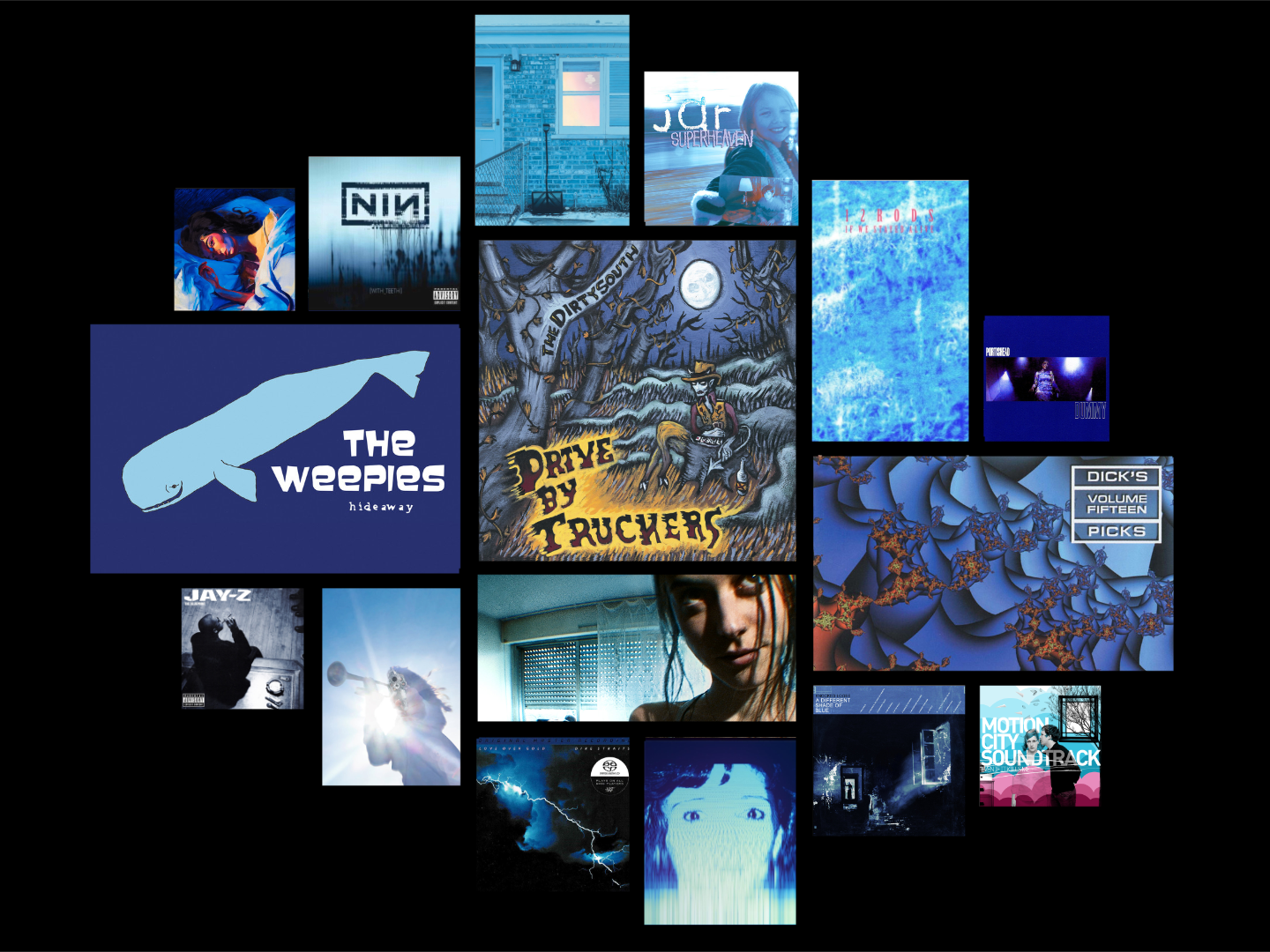Riverby – Baseless | Single Review
/Content Warning: This article discusses themes of sexual assault.
Are you tired of being nice? Don’t you just want to go ape shit? This proposition first spoken into existence on Yahoo Answers in 2018 and since immortalized by Princess Daisy in this image macro is the spiritual foundation for “Baseless,” the ferocious new single from Riverby.
The group’s 2020 release, Smart Mouth, is a whip-smart, hook-laden stunner of an LP that saw lead singer August Greenberg collecting themselves in the wake of romantic tragedy. The band used literary tales like The Giving Tree and The Telltale Heart as springboards to navigate the world of heartbreak. The album reads like a post-mortem on a failed relationship where the longing, regret, and self-reflection were propelled forward by exhilarating punk rock instrumentals.
This is all true tenfold on “Baseless,” which seeks closure, not through reconciliation, but revenge. The song begins with a snappy mid-00’s alt-rock guitar line and bouncy drumming. Before the listener even has enough time to fully orient themselves within the track, the band immediately sets the song ablaze with lyrics that capture flashes of physical violence and sexual abuse. Within 30 seconds, we’re swept into a killer chorus as Greenberg snarls over a hard-charging riff, “Baseless, baseless, not that kinda guy / Keep on praying to Jesus, you can take it up with God.”
Throughout their debut, the band’s greatest tool was always Greenberg’s one-of-a-kind voice which is both breathtaking and acrobatic, equally capable of a delicate croon or a ravenous growl depending on what the track needed. Here, the lyrics dial-up this aggressive side of the band’s spectrum far past anything we’ve we’ve seen in the past. The second verse sees the group firing off acidic lines that still manage to drive the narrative forward.
Remember when you said that I was fucking crazy
Like what did I expect on a Saturday night?
You’re begging on your knees, and you’re calling me baby
You’re fucking lucky I let you walk out alive
This resolves on a taunt of “you couldn’t even get me in my sleeeeeep” before throwing to another chorus to great effect. It’s a barn-burning middle finger towards someone who’s done the worst possible thing to you and left you for dead. Most importantly, it’s not coming from a place of hurt but from someone who now knows they’re stronger than they ever were before. This, combined with lyrics like “I wanna be an asshole, I wanna get even, I wanna hear you scream,” feel like a powerful reclamation in the face of a society that too often dismisses survivors.
“Baseless” is about airing things out. This is the musical equivalent of saying ‘fuck being the better person,’ if only for two minutes and thirty-nine seconds. Being nice is great and all, but even the sweetest person in the world can only bottle that shit in for so long before it explodes. This song is that explosion. It’s a volcanic eruption spurred by seeing the face of the person who wronged you. It’s every late-night thought you wish you had said in the heat of the moment. It’s a wall of emotional shrapnel heading directly towards someone who deserves it most. It’s the perfect song to channel all your spite, rage, and hurt into, especially if you’re the one who’s in the right.
“Baseless” is a contemptuous and angry song. It’s days, months, and maybe even years worth of bottled-up feelings pouring out at once with everything aimed squarely at the person who forced you to feel this way in the first place. Most importantly, “Baseless” represents the desire for this person to feel even a shred of the same pain that they caused you. After all, aren’t you tired of being nice?
Editor’s Note: Shortly after the publication of this article, I had a long conversation with a friend about this song, its topic, and how I addressed the theme of sexual assault within the review. It ended up being a much-needed discussion where I learned how language can inadvertently perpetuate harm. As horrific as these acts of violence are, my main takeaway was that sometimes just calling them out for what they are is an essential step in dismantling them.
I edited this piece to ensure the severity of sexual assault is called out explicitly for what it is and not brushed over. I also wanted to make sure my writing considers stories of survivors and abuse so that those experiences can be portrayed and talked about in an accurate way to show the full extent of the damage they cause.











